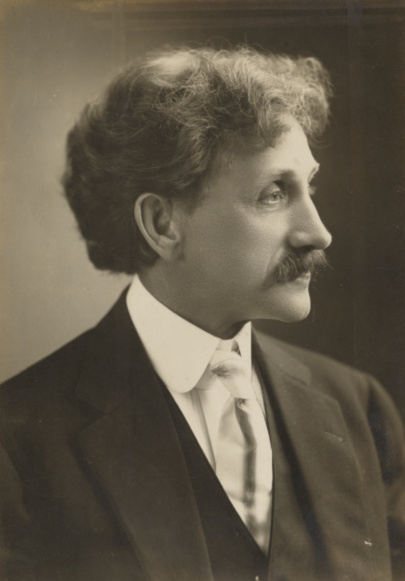Zdroj: Better-World Philosophy: A Sociological Synthesis (1899), The Derivation of the Nature of Living Beings, pp. 176–177
J. Howard Moore: Citáty anglicky
Zdroj: Better-World Philosophy: A Sociological Synthesis (1899), The Derivation of the Nature of Living Beings, p. 172
Zdroj: Better-World Philosophy: A Sociological Synthesis (1899), The Derivation of the Nature of Living Beings, p. 171
Zdroj: Better-World Philosophy: A Sociological Synthesis (1899), The Social Ideal, pp. 161–163
Zdroj: Better-World Philosophy: A Sociological Synthesis (1899), The Social Ideal, p. 161
Zdroj: Better-World Philosophy: A Sociological Synthesis (1899), The Social Ideal, pp. 159–160
Zdroj: Better-World Philosophy: A Sociological Synthesis (1899), The Social Ideal, pp. 158–159
Zdroj: Better-World Philosophy: A Sociological Synthesis (1899), The Social Ideal, pp. 157–158
Zdroj: Better-World Philosophy: A Sociological Synthesis (1899), The Social Ideal, p. 155
Zdroj: Better-World Philosophy: A Sociological Synthesis (1899), The Social Ideal, pp. 146–147
Zdroj: Better-World Philosophy: A Sociological Synthesis (1899), The Social Ideal, p. 146
Zdroj: Better-World Philosophy: A Sociological Synthesis (1899), The Social Ideal, p. 144
The fact that an animal is a human, that is, that he belongs to the hominine species of beings, entitles him, regardless of his imperfections, to some sort of consideration.
Zdroj: Better-World Philosophy: A Sociological Synthesis (1899), The Social Ideal, p. 143
Zdroj: Better-World Philosophy: A Sociological Synthesis (1899), The Preponderance of Egoism, p. 137
Zdroj: Better-World Philosophy: A Sociological Synthesis (1899), The Preponderance of Egoism, p. 133–134
Zdroj: Better-World Philosophy: A Sociological Synthesis (1899), The Preponderance of Egoism, p. 133
Zdroj: Better-World Philosophy: A Sociological Synthesis (1899), The Preponderance of Egoism, pp. 131–132
Zdroj: Better-World Philosophy: A Sociological Synthesis (1899), The Preponderance of Egoism, pp. 128–129
Zdroj: Better-World Philosophy: A Sociological Synthesis (1899), The Preponderance of Egoism, pp. 123–125
Zdroj: Better-World Philosophy: A Sociological Synthesis (1899), The Preponderance of Egoism, p. 123
Zdroj: Better-World Philosophy: A Sociological Synthesis (1899), The Preponderance of Egoism, p. 122
Zdroj: Better-World Philosophy: A Sociological Synthesis (1899), Egoism and Altruism, pp. 120–121
Zdroj: Better-World Philosophy: A Sociological Synthesis (1899), Egoism and Altruism, p. 120
Zdroj: Better-World Philosophy: A Sociological Synthesis (1899), Egoism and Altruism, p. 119
Zdroj: Better-World Philosophy: A Sociological Synthesis (1899), The Social Ideal, p. 164
Zdroj: Better-World Philosophy: A Sociological Synthesis (1899), Egoism and Altruism, pp. 117
Zdroj: Better-World Philosophy: A Sociological Synthesis (1899), Egoism and Altruism, pp. 98–99
Zdroj: Better-World Philosophy: A Sociological Synthesis (1899), Egoism and Altruism, p. 96
Zdroj: Better-World Philosophy: A Sociological Synthesis (1899), Egoism and Altruism, p. 92
Zdroj: Better-World Philosophy: A Sociological Synthesis (1899), The Social Problem, pp. 90–91
